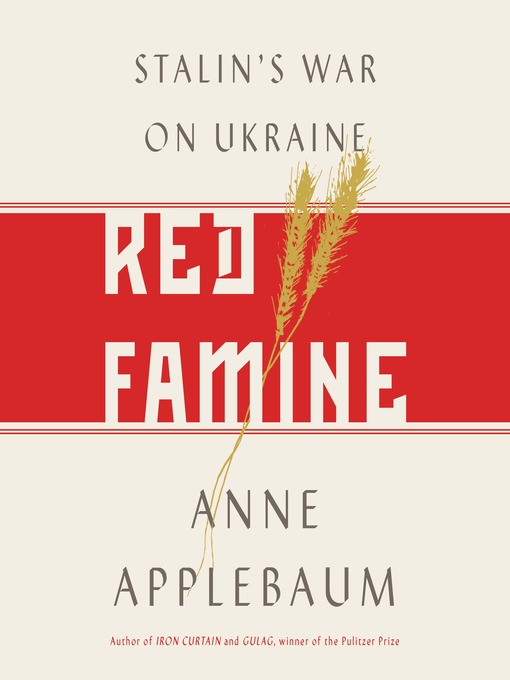- Jetzt neu bei Libby
- Herzlichen Glückwunsch, László Krasznahorkai!
- Horrorgeschichten im Herbst
- Buchmesse Leipzig - Gastland Norwegen
- Klassiker auf Englisch
- Kultur im Gespräch
- Available now
- New eBook additions
- New teen additions
- Most popular
- Try something different
- Bannend Books
- Die Zukunft fängt heute an
- See all ebooks collections
- Available now
- Hier sprechen Frauen
- Hier sprechen Männer
- am 30. Oktober ist Tag des Hörspiels
- Es darf auch gelacht werden
- Wir haben mal den Jugendliteraturpreis gewonnen
- eat.READ.sleep
- Kultur im Gespräch
- Deutschsprachige eAudios
- Die drei ??? Sprecher - mal anders
- Wir spielen in Hamburg
- Mord auf Britisch
- Provence, Normandie, Bretagne - Hauptsache Frankreich
- See all audiobooks collections

